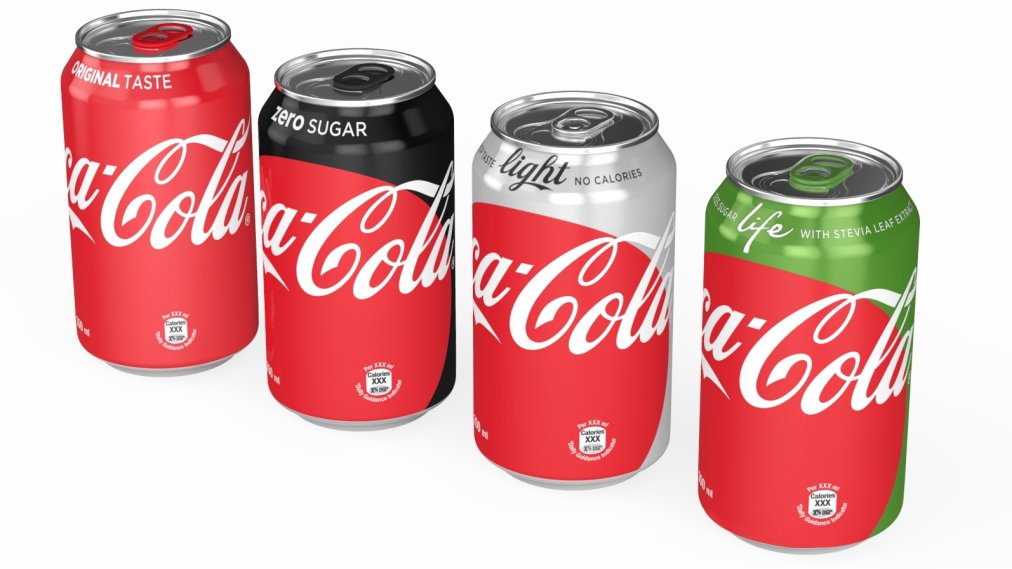Coke is one of the worst performers in the world markets

NEW YORK: Coca-Cola investors could use some refreshment. Coke is one of the worst performers in the Dow so far this year, and it is one of the biggest losers in the S&P 500, too.
Coke’s stock (KO) has tumbled 4% in 2019 — about the same as fellow Dow components UnitedHealth (UNH) and Walgreens (WBA), CNN reported.
That’s not a huge drop. But it comes at a time when the Dow and S&P 500 are each up nearly 12%. And Coke’s top rival, Pepsi (PEP), is up about 6%.
The company is trying to win more customers with new products, including the just launched Orange Vanilla Coke. It has also released several new flavors of Diet Coke in the past year, and it rebranded Coke Zero as Coca-Cola Zero Sugar.
Coca-Cola is starting to sell a lot of other beverages, too. The company recently completed a $5 billion acquisition of UK chain Costa Coffee, which competes with Starbucks (SBUX).
The company has branched out over the past few years in other ways. It bought the makers of Glaceau Smartwater and Honest Tea. Coca-Cola also snagged a distribution deal with the owner of the Fairlife milk brand, and it took a nearly 20% stake in energy drink company Monster Beverage (MNST).
But Coke, despite its attempts to diversify, is still a slow growth company. Coke issued a weak forecast for 2019. Analysts expect Coke’s earnings per share rise by just 5% annually, on average, for the next few years.
Coke’s acquisitions could also hurt profit margins this year and add more “complexity” to the business, according to Macquarie Research analyst Caroline Levy.
The strong dollar is also expected to hurt Coke this year, CFRA Research analyst Garrett Nelson noted in a recent report.
Multinational companies like Coke typically get hit by dollar strength because it lowers the value of international revenue. American products are also less competitive overseas when the dollar is stronger.
Although Coke has made significant efforts to diversify beyond sugary sodas, the company still is reliant on beverages.
Pepsi, on the other hand, has found success with snacks. Its Frito-Lay business, which owns Doritos, Cheetos and Sun Chips, has typically posted stronger growth in sales and operating profit than the beverage unit over the past few years.
Coke doesn’t seem to have much interest in food, though. CEO James Quincey has continuously referred to Coke as a “total beverage company.”
Cowen analyst Vivien Azer said in a recent report that the shift away from soda and toward tea, water, coffee and juice makes sense.
But she also conceded that Coke will likely be hurt by a slowdown in the global economy, and she added that it was a surprise to see volume for carbonated beverages in the North America market fall in the fourth quarter. That could be a sign that consumers are balking at recent price increases.
Still, Coke may need to do even more in beverages to excite consumers and investors.
That could eventually mean more booze. Coke started selling Lemon-Do, a fizzy, low-alcohol content drink, in Japan last year. There aren’t any plans to bring that product to the United States right now.
Coke also has ruled out launching any CBD-based beverages for the time being. CBD, the non-psychoactive component of cannabis, has started to pop up as an ingredient in some products in the United States following the passage of the farm bill.
Corona owner Constellation Brands (STZ) has even invested in Canadian cannabis company Canopy Growth (CGC). Canopy hopes to sell CBD and hemp products here in the United States and is even setting up a hemp processing plant in upstate New York.






